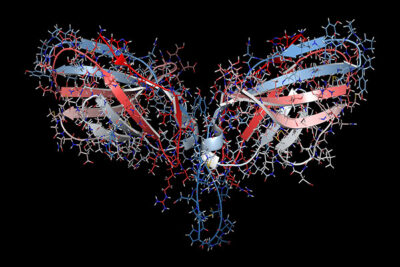
Mediterranean Diet Pairs Well with Immune Checkpoint Blockade
By Jonathan Springston, Editor, Relias Media
Patients with severe melanoma who adhered to the Mediterranean diet demonstrated better response to a cancer treatment called immune checkpoint blockade (ICB).
Researchers conducted a small, multicenter study in Europe to learn more about possible connections between diet and treatment with ICB, which the FDA approved for melanoma patients in 2011 and has since expanded the use for other cancer types. This solution helps the body’s T cells in their fight against cancer cells.
A total of 91 patients with advanced melanoma were treated with anti-programmed cell death 1 and anti-cytotoxic T lymphocyte-associated antigen 4 monotherapy or combination therapy. The authors assessed dietary habits with food frequency questionnaires administered before treatment.
Patients who responded best to ICB treatment (i.e., progression-free survival [PFS] at 12 months and immune-related adverse events that were grade 2 or higher) were those who ate a Mediterranean diet, which is rich in fruits, vegetables, nuts, and whole grains.
“The traditional principles of the Mediterranean diet (i.e., high in plant-derived foods and low in processed foods and meat) remain the most widely used dietary recommendations of public health institutions globally. A potential mechanism underlying the association between diet and immunotherapy response is the gut microbiome,” the authors wrote. “The Mediterranean diet has been associated with an increased abundance of bacteria producing SCFAs [short-chain fatty acids] that have been shown to be predictive of immunotherapy response in several studies. Within a published cohort of 52 patients treated with ICB for different solid tumors, high fecal SCFA concentrations were shown to be associated with longer PFS.”
For more on this and related subjects, be sure to read the latest issues of Integrative Medicine Alert.
